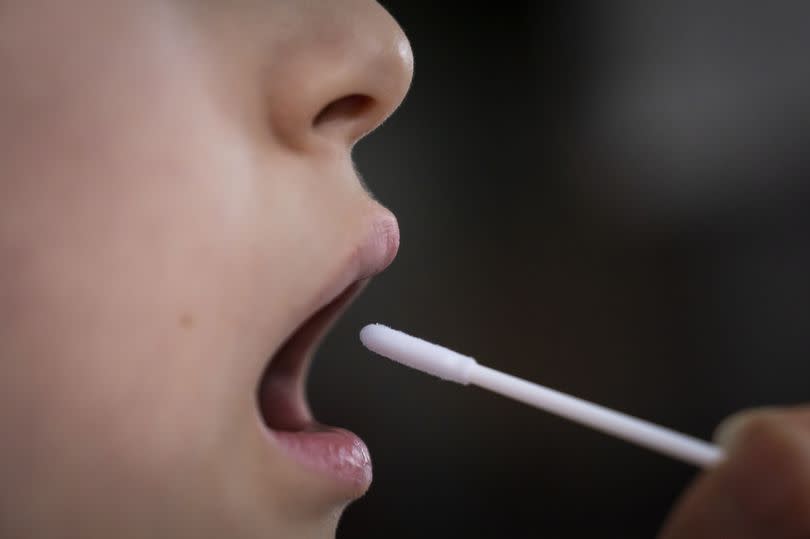'Summer covid' symptoms as new wave sees cases soar

A new "summer covid wave" has seen cases continue to jump up week-on-week.
In the week up to June 19, the number of people reporting a positive result rose by more than a third, 33.5%, with 2,815 new cases. Covid deaths rose by 5% in the week up to June 14, going from 139 to 146.
Patients admitted to healthcare settings with covid, however, fell in the week up to May 29 - from 1,718 to 1,567, according to the latest UK Health Security Agency (UKHSA) data.
READ MORE: People told to wear masks as disease detected in UK
READ MORE: Remaining bank holidays for 2024 as new public holiday declared
The new wave is believed to be linked to new FliRT variants, which have rapidly become the dominant strains in the UK. The new variant has been named FliRT after the technical name for its mutation and this group includes the KP.3, KP.2 and KP.1.1 strains.
Experts have said there is no evidence the variant causes more severe disease than previous strains, but also warned that contracting covid, driven by FliRT, is not "risk-free".
Covid symptoms
According to the NHS, symptoms can include:
a high temperature or shivering (chills) – a high temperature means you feel hot to touch on your chest or back (you do not need to measure your temperature)
a new, continuous cough – this means coughing a lot for more than an hour, or three or more coughing episodes in 24 hours
a loss or change to your sense of smell or taste
shortness of breath
feeling tired or exhausted
an aching body
a headache
a sore throat
a blocked or runny nose
loss of appetite
diarrhoea
feeling sick or being sick
The symptoms are very similar to symptoms of other illnesses, such as colds and flu.
Most people feel better within a few days or weeks of their first Covid-19 symptoms and make a full recovery within 12 weeks. For some people, it can be a more serious illness and their symptoms can last longer.
Receive newsletters with the latest news, sport and what's on updates from the Liverpool ECHO by signing up here

 Yahoo News
Yahoo News 
